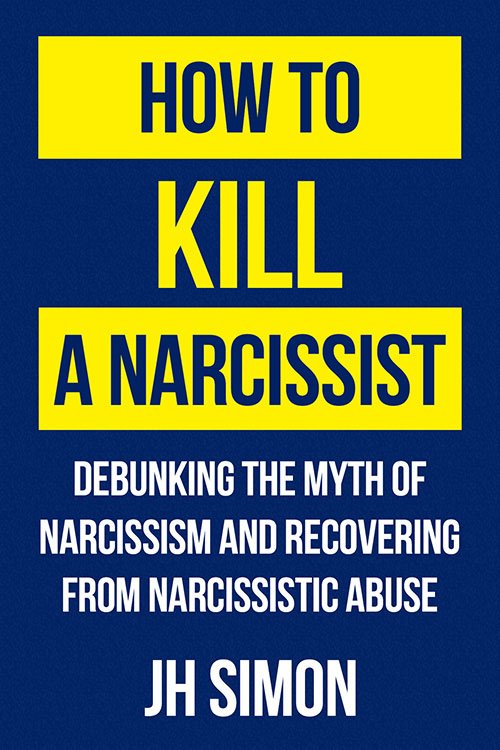Children who grow up in the shadow of a narcissistic parent experience a kind of role reversal which stunts their development in numerous ways.
For a child to grow up into an empowered and emotionally-mature adult, they need their parent’s support, mirroring, respect and understanding. The child must be seen by the parent for who they are, not for who the parent wishes they were. Because a narcissistic parent is mostly identified with their grandiose, ego-based false self, they have no capacity to empathise and connect authentically with their child’s emotional needs.
The child’s needs remain, however. The child can’t shut them off. In a desperate attempt to secure their parent’s goodwill, the child stops expecting love, support and attention, and instead turns their attention toward the parent. They intuit what the parent reacts to, a...











